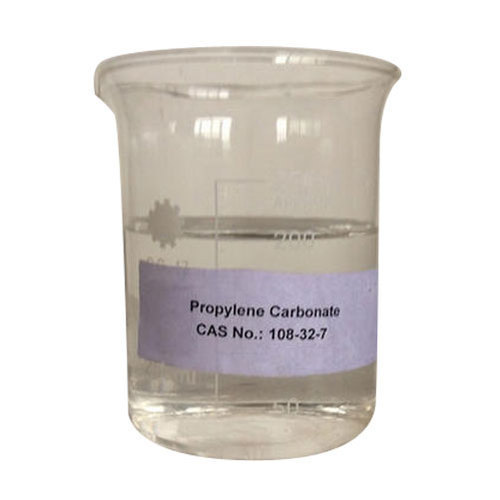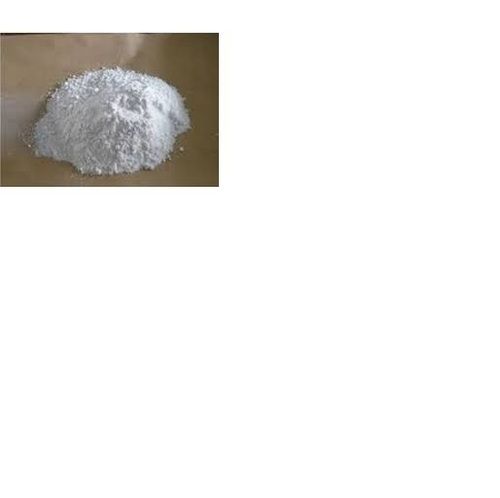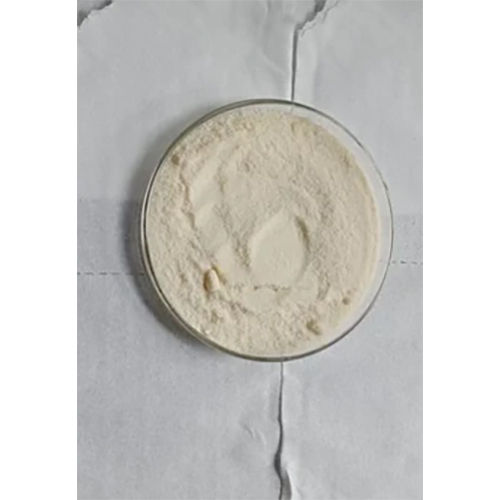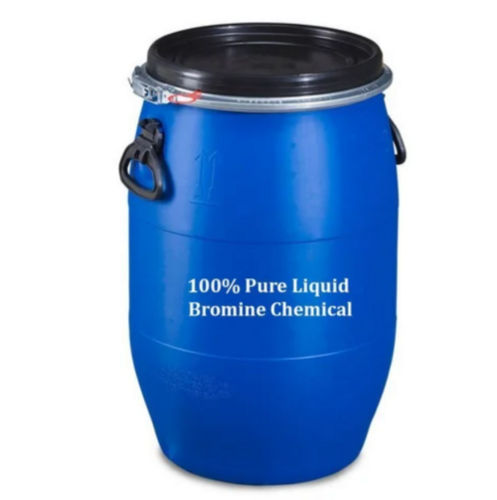Welcome to Our Company
Propylene Carbonate
879 INR/Kilograms
Product Details:
- Purity 98%
- Storage Room Temperature
- Form Liquid
- CAS No 180-32-7
- Grade Industrial Grade
- Type Propylene Carbonate
- Application Industrial
- Click to View more
X
Propylene Carbonate Price And Quantity
- 879 INR/Kilograms
- 1 Kilograms
Propylene Carbonate Product Specifications
- Industrial Grade
- Room Temperature
- 180-32-7
- 98%
- Liquid
- Industrial
- Propylene Carbonate
Propylene Carbonate Trade Information
- 1000 Kilograms Per Day
- 7 Days
Product Description
As a multipurpose chemical, Propylene carbonate is required to produce high performance lithium-ion batteries. It is also used as a surfactant to produce cosmetics. It plays the role of suitable solvent to manufacture coatings and adhesives. As a plasticizer, this chemical is used to produce polymer and to process rubber. During production of capacitors, Propylene carbonate is used as a dielectric fluid. Offered chemical is used as one of the main ingredients of polycarbonate production. Available in transparent liquid form, this chemical easily dissolves in water. Its chemical properties remain stable at normal temperature.
Uses of Propylene Carbonate:
1. Solvent and Cleaner: Propylene carbonate is an excellent solvent for a wide range of substances, including oils, waxes, polymers, and various chemicals. It is commonly used in industrial cleaning products, paint and coatings, adhesives, and electronic cleaner formulations.
2. Electrolyte in Batteries: It is utilized as an electrolyte in lithium-ion and other types of batteries. Propylene carbonate helps enhance the performance and safety of batteries by improving ionic conductivity and preventing the formation of dendrites, which can cause short circuits.
3. Cosmetics and Personal Care Products: Propylene carbonate is used in various cosmetic and personal care products, such as nail polishes, hair care products, and skin creams. It acts as a solvent, stabilizer, and thickening agent in these formulations.
4. Pharmaceuticals: The pharmaceutical industry uses propylene carbonate as a solvent for drug formulations and as a carrier for injectable medications. It is also utilized in controlled-release drug delivery systems.
5. Gas Separation and Refining: Propylene carbonate is used in gas separation processes, such as removing carbon dioxide (CO2) from natural gas and biogas streams. It is also employed in refining processes to remove sulfur compounds from hydrocarbons.
6. Adhesives and Sealants: Propylene carbonate is often incorporated into adhesive and sealant formulations to improve their performance, increase flexibility, and reduce VOC (volatile organic compound) emissions.
7. Dye and Ink Industry: It is used as a solvent and stabilizer in the production of dyes, pigments, and printing inks.
8. Automotive Industry: In the automotive sector, propylene carbonate is used as a coolant in car air conditioning systems due to its high heat capacity and low freezing point.
9. Coatings and Paints: Propylene carbonate is employed as a coalescing agent in water-based coatings and paints to improve film formation and overall performance.
10. Gasoline Additive: It can be used as an additive in gasoline formulations to improve fuel performance and reduce emissions.
Propylene Carbonate Properties:
1. Solvent Properties: Propylene carbonate is an excellent solvent for a wide range of substances, including oils, waxes, resins, and various organic compounds. It has a high dielectric constant, which makes it an ideal solvent for polar substances.
2. High Boiling Point: Propylene carbonate has a relatively high boiling point of around 242 degree centigrade, which makes it useful in high-temperature applications.
3. Low Freezing Point: It has a low freezing point of around -48 degree centigrade, which makes it suitable for use in cold environments.
4. Good Thermal Stability: Propylene carbonate exhibits good thermal stability and is resistant to degradation at elevated temperatures, making it suitable for high-temperature processes and applications.
5. Non-Toxic: Propylene carbonate is considered to be relatively safe and non-toxic, which allows for its use in various consumer products, pharmaceuticals, and personal care items.
6. Low Volatility: It has low vapor pressure at ambient temperatures, reducing the risk of emissions and making it safer to handle and store.
7. High Flash Point: Propylene carbonate has a high flash point, making it less flammable compared to some other solvents.
8. Hydrophobicity: PC is hydrophobic (water-repellent), which means it can repel water and function well in moisture-sensitive applications.
9. Good Plasticizer: Propylene carbonate can act as a plasticizer, enhancing the flexibility and durability of certain materials, such as polymers and resins.
10. High Dielectric Constant: It has a high dielectric constant, making it a suitable solvent for electrolytes in lithium-ion batteries and other electrical applications.
11. Low VOC Emissions: Propylene carbonate is considered a low VOC (volatile organic compound) solvent, which is beneficial in reducing environmental impacts.
FAQ:
Q: What is propylene carbonate?
A: Propylene carbonate is a cyclic organic compound with the chemical formula C4H6O3. It is a clear, colorless, and odorless liquid that is commonly used as a solvent in various industrial and commercial applications.
Q: What are the main uses of propylene carbonate?
A: Propylene carbonate is used as a solvent in a wide range of applications, such as in the production of paints, coatings, adhesives, and electronic cleaners. It is also used as an electrolyte in batteries, a coolant in car air conditioning systems, and a solvent in pharmaceuticals and cosmetic products.
Q: Is propylene carbonate toxic?
A: Propylene carbonate is generally considered to be a relatively safe and non-toxic compound when handled and used properly. However, it can cause skin and eye irritation upon direct contact, and inhalation of its vapors should be avoided. It is essential to follow safety guidelines and use appropriate protective measures when working with this chemical.
Q: Is propylene carbonate flammable?
A: Yes, propylene carbonate is flammable and should be stored away from open flames, sparks, and heat sources. It has a high flash point, which means it is less flammable compared to some other solvents. However, caution should still be exercised during its handling and storage.
Q: Can propylene carbonate be used as a cleaner?
A: Yes, propylene carbonate is an effective solvent and is commonly used in industrial cleaning products and electronic cleaner formulations.
Q: Can propylene carbonate be used in batteries?
A: Yes, propylene carbonate is widely used as an electrolyte in lithium-ion batteries and other types of batteries. It improves the performance and safety of batteries by enhancing ionic conductivity and inhibiting the formation of dendrites.
Q: Is propylene carbonate environmentally friendly?
A: Propylene carbonate is considered to be a relatively eco-friendly solvent compared to some other volatile organic compounds (VOCs). However, like any chemical, it should be handled, used, and disposed of properly to minimize its environmental impact.
Q: Can propylene carbonate be used in food products?
A: Propylene carbonate is not approved for use in food products and should not be ingested. It is mainly used in industrial and commercial applications.
Q: What are the storage requirements for propylene carbonate?
A: Propylene carbonate should be stored in a cool, dry, and well-ventilated area away from direct sunlight, heat, and sources of ignition. It should be kept in a tightly closed container, and incompatible materials should be avoided to prevent potential reactions.
Q: How do I dispose of propylene carbonate safely?
A: Proper disposal methods for propylene carbonate may vary depending on local regulations. It should not be poured down the drain or released into the environment. It is best to consult with local authorities or waste disposal facilities to determine the appropriate disposal method in your area.
Tell us about your requirement

Price:
Quantity
Select Unit
- 50
- 100
- 200
- 250
- 500
- 1000+
Additional detail
Mobile number
Email









